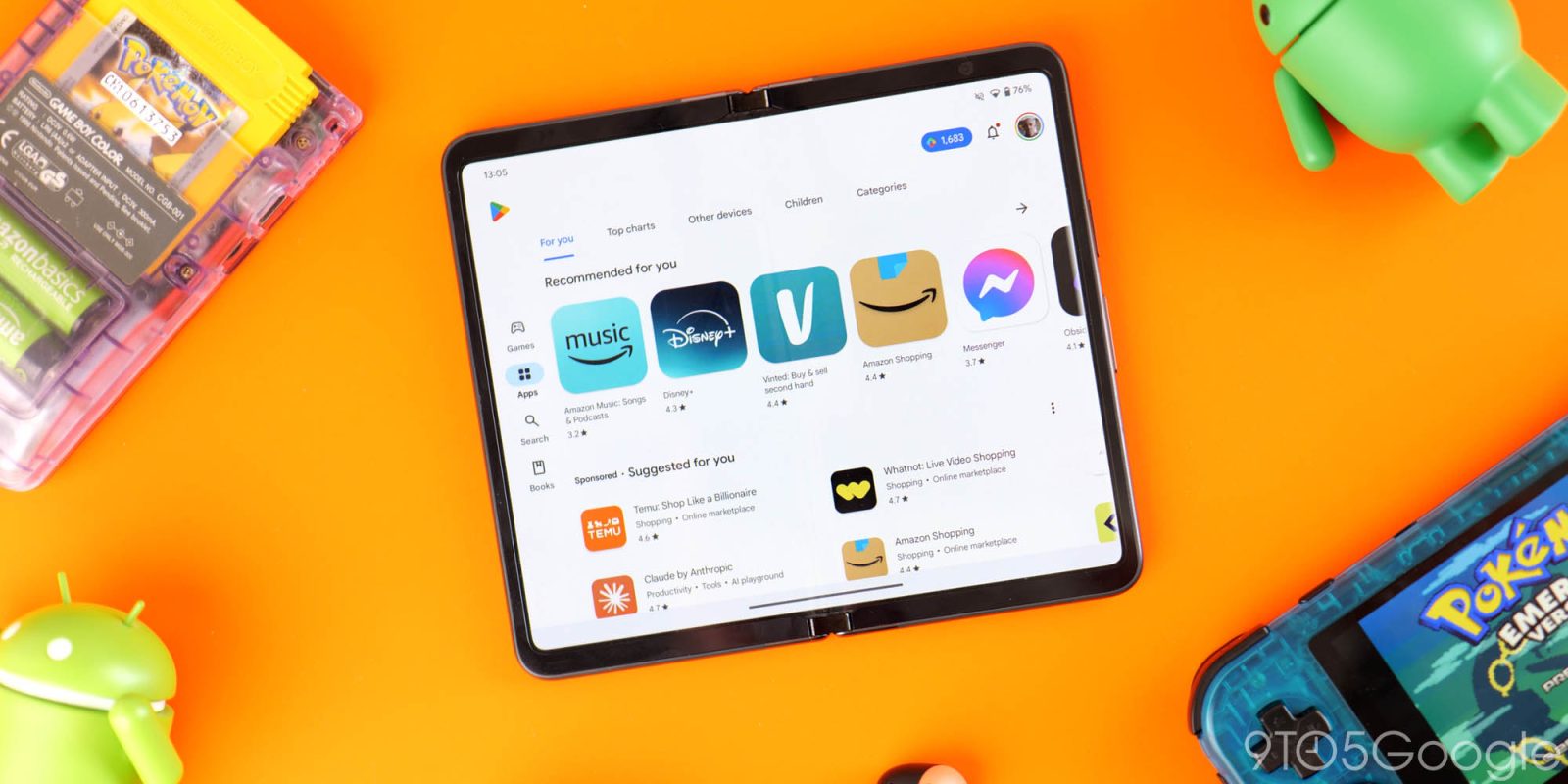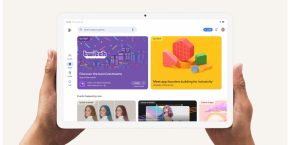
After a jury found that Google has an “illegal monopoly” with the Play Store, a judge today detailed what changes must be implemented in the US for a period of three years.
Following the jury decision in Epic v. Google last December, Google must (via The Verge) allow third-party Android app stores to be distributed via the Play Store:
- “Google is entitled to take reasonable measures to ensure that the platforms or stores, and the apps they offer, are safe from a computer systems and security standpoint, and do not offer illegal goods or services under federal or state law within the United States, or violate Google’s content standards.”
- “Google may require app developers and app store owners to pay a reasonable fee for these services, which must be based on Google’s actual costs.”
- “Google will have up to eight months from the date of this order to implement the technology necessary to comply with this provision, and the three-year time period will start once the technology is fully functional.”
Additionally, said stores will be given “access [to] the Google Play Store’s catalog of apps so that they may offer the Play Store apps to users.” Google can let app developers opt out of this access.
For app developers, Google [emphasis ours]:
- “…may not prohibit a developer from communicating with users about the availability or pricing of an app outside the Google Play Store, and may not prohibit a developer from providing a link to download the app outside the Google Play Store.”
- “…may not require the use of Google Play Billing in apps distributed on the Google Play Store, or prohibit the use of in-app payment methods other than Google Play Billing.”
- “…may not condition a payment, revenue share, or access to any Google product or service, on an agreement by an app developer not to launch on a third-party Android app distribution platform or store a version of an app that includes features not available in, or is otherwise different from, the version of the app offered on the Google Play Store.”
- “…Google may not condition a payment, revenue share, or access to any Google product or service, on an agreement by an app developer to launch an app first or exclusively in the Google Play Store.”
This will last until November 1, 2027. Additionally, with OEMs, Google:
- “…may not condition a payment, revenue share, or access to any Google product or service, on an agreement with an OEM or carrier not to preinstall an Android app distribution platform or store other than the Google Play Store.”
- “…may not condition a payment, revenue share, or access to any Google product or service, on an agreement with an original equipment manufacturer (OEM) or carrier to preinstall the Google Play Store on any specific location on an Android device.”
Additionally, Google “may not share revenue generated by the Google Play Store with any person or entity that distributes Android apps, or has stated that it will launch or is considering launching an Android app distribution platform or store.”
Google reiterated today that it plans to appeal and will “ask the courts to pause Epic’s requested changes, pending that appeal.” The company makes three points:
- “The decision rests on a flawed finding that Android is a market in itself. In contrast, the Apple decision, upheld on appeal, rightly found that Android and iOS compete in the same market.”
- “Google and Apple compete directly for app developers”
- “Android is open and Google Play is not the only way to get apps”
Epic is happy with the decision:
The Google Play Store injunction lasts for 3 years. This means all app developers, store makers, carriers, and manufacturers have 3 years to build a vibrant and competitive Android ecosystem with such critical mass that Google can’t stop it.
Updating…
FTC: We use income earning auto affiliate links. More.



Comments